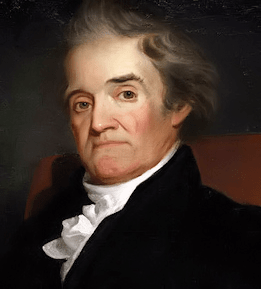Textus Receptus Bibles
Noah Webster's Bible 1833
| 79:1 | A Psalm of Asaph. O God, the heathen have come into thy inheritance; thy holy temple have they defiled; they have laid Jerusalem on heaps. |
| 79:2 | The dead bodies of thy servants have they given to be food to the fowls of the heaven, the flesh of thy saints, to the beasts of the earth. |
| 79:3 | Their blood have they shed like water around Jerusalem; and there was none to bury them. |
| 79:4 | We have become a reproach to our neighbors, a scorn and derision to them that are around us. |
| 79:5 | How long, LORD? wilt thou be angry for ever? shall thy jealousy burn like fire? |
| 79:6 | Pour out thy wrath upon the heathen that have not known thee, and upon the kingdoms that have not called upon thy name. |
| 79:7 | For they have devoured Jacob, and laid waste his dwelling-place. |
| 79:8 | O remember not against us former iniquities: let thy tender mercies speedily succor us: for we are brought very low. |
| 79:9 | Help us, O God of our salvation, for the glory of thy name: and deliver us, and purge away our sins, for thy name's sake. |
| 79:10 | Why should the heathen say, Where is their God? let him be known among the heathen in our sight by avenging the blood of thy servants which is shed. |
| 79:11 | Let the sighing of the prisoner come before thee; according to the greatness of thy power preserve thou those that are appointed to die; |
| 79:12 | And render to our neighbors seven-fold into their bosom their reproach, with which they have reproached thee, O Lord. |
| 79:13 | So we thy people and sheep of thy pasture will give thee thanks for ever: we will show forth thy praise to all generations. |

Noah Webster's Bible 1833
While Noah Webster, just a few years after producing his famous Dictionary of the English Language, produced his own modern translation of the English Bible in 1833; the public remained too loyal to the King James Version for Webster’s version to have much impact.